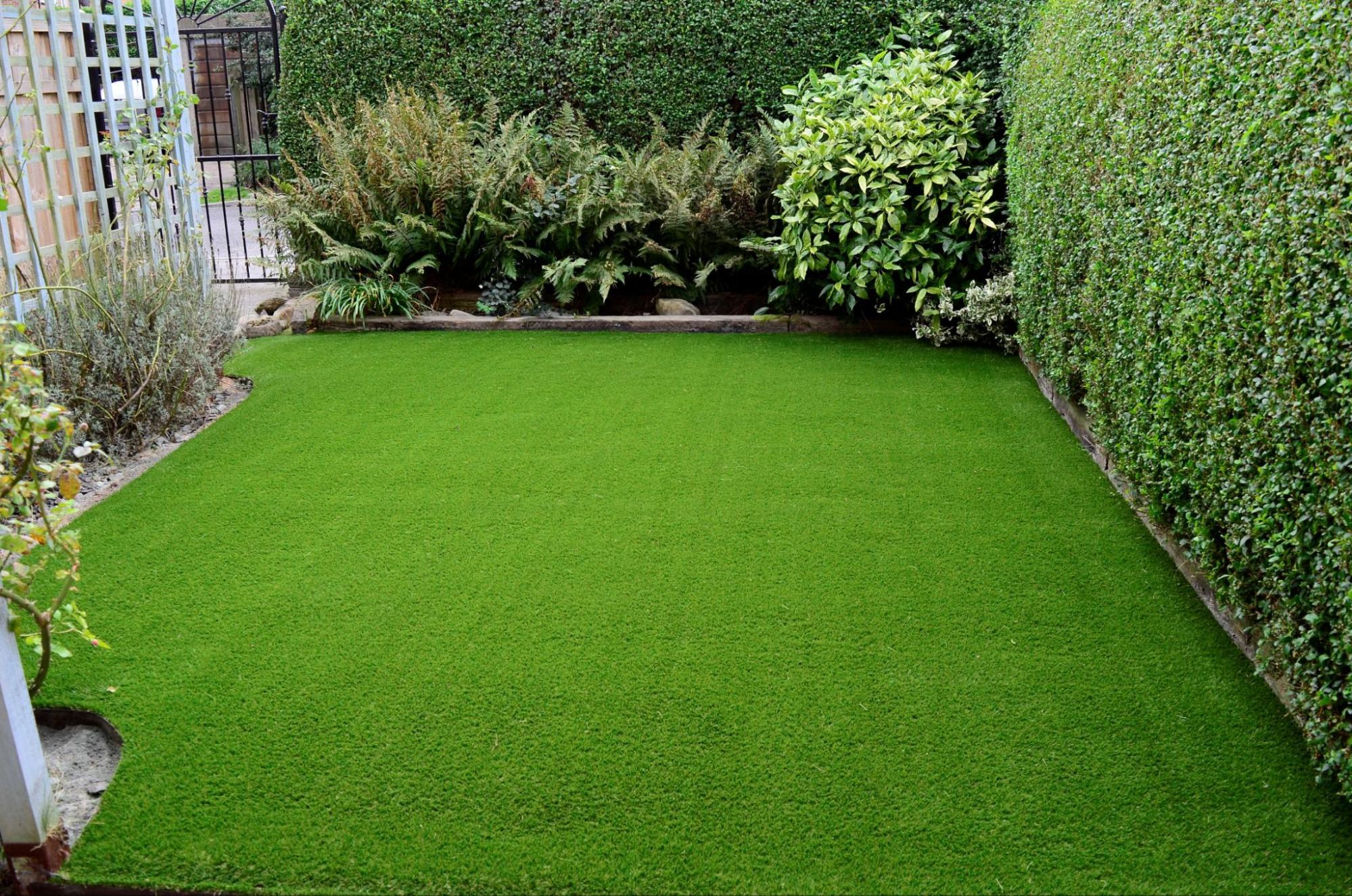Affordable Turf Installation Phoenix AZ for a Easy-Care Lawn Option
Affordable Turf Installation Phoenix AZ for a Easy-Care Lawn Option
Blog Article
Explore the Environmental Benefits of Opting for Artificial Grass Solutions
The adoption of synthetic grass solutions presents a compelling chance to attend to pushing ecological difficulties. By considerably lowering water use and decreasing the application of damaging chemicals, these options not just promote sustainable landscaping yet additionally safeguard regional ecosystems. The lower carbon impact associated with decreased maintenance tasks adds to a more lasting method to land management. However, the ramifications of these benefits prolong beyond plain conservation efforts, questioning concerning their long-term effect on environment preservation and total ecological balance. Checking out these dimensions exposes an intricate interaction worth considering.
Water Preservation Benefits
Among one of the most substantial advantages of synthetic grass is its ability to preserve water. Typical lawn yards require substantial irrigation, particularly in locations prone to dry spell or water limitations. On the other hand, synthetic grass does not need watering, dramatically reducing the overall need for water sources. This function is especially beneficial in deserts where water scarcity is a pressing issue.
By removing the need for routine watering, artificial grass adds to lasting landscape methods and helps minimize the environmental impact of excessive water consumption. The preservation of water extends to the reduction of runoff, which can lead to soil disintegration and waterway air pollution.
Additionally, the setup of artificial lawn enables towns and homeowners to assign water resources a lot more successfully, concentrating on necessary uses such as drinking water and agriculture. The shift towards fabricated lawn not only promotes responsible water use however also lines up with broader ecological objectives focused on maintaining natural deposits.
As areas increasingly prioritize sustainability, the water preservation advantages of synthetic grass provide an engaging situation for its adoption in property and commercial landscaping projects.
Lowered Chemical Use
The shift to man-made grass significantly lowers the reliance on chemical treatments typically made use of in natural grass maintenance. Conventional grass administration normally involves the application of herbicides, pesticides, and fertilizers to promote growth and control bugs. These chemicals can pose threats to human wellness, neighborhood wildlife, and the atmosphere, adding to soil and water contamination.
In comparison, synthetic lawn eliminates the requirement for these unsafe compounds. By reducing the release of synthetic substances right into the ecosystem, fabricated grass promotes much healthier dirt and water systems.
In addition, the lack of chemical drainage associated with synthetic grass installments aids safeguard neighborhood waterways from air pollution, sustaining aquatic life and keeping biodiversity. Artificial turf companies phoenix. As neighborhoods significantly prioritize sustainable practices, choosing synthetic turf provides a feasible option that straightens with environmental conservation goals. Through this shift, residential or commercial property proprietors can enjoy rich green areas without compromising eco-friendly wellness, leading the method for a much more lasting future
Reduced Carbon Footprint

Moreover, the installment of fabricated lawn can result in considerable water conservation. Natural yards call for significant quantities of water for irrigation, which not just adds to the carbon impact connected with water extraction and treatment however also strains regional water resources. On the other hand, fabricated grass requires very little upkeep, needing no watering, consequently substantially minimizing water usage and its associated power costs.
Additionally, the durability of artificial grass contributes to its decreased carbon influence. With a life-span of up to 15 years or more, the demand for constant replacements is reduced, resulting in much less waste and reduced energy intake in production and getting rid of conventional grass options. Overall, fabricated grass presents a sustainable choice for ecologically mindful landscaping.
Environment Preservation
Habitat conservation is a crucial consideration in the argument over landscaping choices, particularly when comparing synthetic grass to natural turf. Natural grass lawns typically require substantial maintenance, including making use of pesticides, fertilizers, and herbicides, which can detrimentally influence neighborhood communities. go These chemicals can leach right into the soil and rivers, hurting indigenous flora and animals and interfering with regional habitats.
On the other hand, artificial lawn offers a possibility to minimize the ecological impact of landscape design. By selecting artificial turf, homeowners can lessen the interruption of all-natural environments related to typical lawn treatment techniques. Synthetic grass removes the requirement for damaging chemicals, therefore shielding neighboring wildlife and maintaining the integrity of surrounding communities. Furthermore, the installment of synthetic grass can cause the conversion of former lawn locations into even more biodiverse landscapes, such as pollinator yards or indigenous plant locations, which can sustain regional wildlife.
Ultimately, the change to synthetic grass not only saves water and lowers maintenance initiatives yet additionally promotes a more harmonious relationship between human activities and the all-natural environment, advertising habitat preservation in the process.
Long-Term Sustainability
Lasting sustainability is a crucial element in reviewing the benefits of synthetic turf over typical yard lawns. Among the most considerable benefits of synthetic grass is its resilience; it can last up to 15-20 years with minimal upkeep, whereas natural yard requires frequent reseeding and replacement. This longevity reduces the requirement for continuous sources, such as water, fertilizers, and pesticides, which are vital for preserving a healthy yard lawn.
In addition, synthetic grass adds to a reduction in carbon discharges related to lawn care devices. Typical yards commonly require gas-powered lawn mowers, leaners, and blowers, every one of which add to air contamination. Arizona turf. On the other hand, synthetic grass gets rid of the requirement for such devices, advertising a cleaner setting
Moreover, the production of synthetic grass progressively utilizes recycled products, improving its sustainability account. As manufacturers take on environmentally friendly methods, the environmental impact of synthetic grass proceeds to decrease.
Final Thought
The adoption of man-made lawn services presents considerable ecological advantages, including substantial water preservation, lowered reliance on unsafe chemicals, and a lower carbon footprint. Artificial turf help in maintaining all-natural environments by lessening land disturbance and promoting lasting sustainability through the usage of resilient products. Collectively, these factors highlight the capacity of artificial turf to add favorably to environmental wellness and offer a feasible alternative to traditional landscaping techniques in a significantly resource-conscious globe.
In contrast, man-made turf does not require watering, substantially lowering the general need for water sources. By lessening the release of synthetic compounds right into the environment, artificial lawn promotes much healthier soil and water systems.
Furthermore, the installment of artificial turf can result in significant water conservation. In comparison, man-made grass needs very little maintenance, needing no watering, thus considerably reducing water use and its connected energy costs.

Report this page